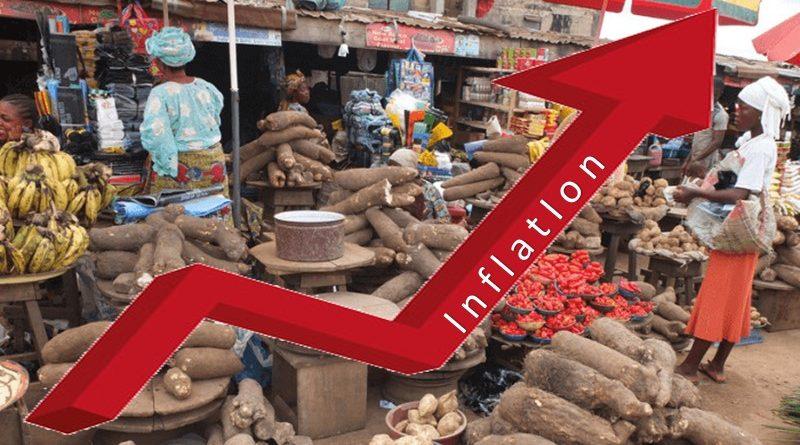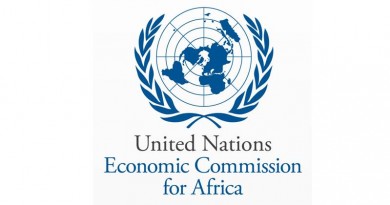Nigeria’s Inflation Rate Rose to 26.7% in the September 2023
When compared to the previous month, September’s headline inflation climbed by +92bps to 26.7% y/y. We continue to believe that this increase is mostly attributable to the long-lasting effects of the elimination of PMS subsidies and the Naira’s devaluation against the USD, which was brought on by the fx liberalization policy.
- Headline rate 26.72% y/y (25.80% August);
- Core rate 21.84% y/y (21.15%); and
- Food rate 30.64% y/y (29.34%).
In comparison to the previous month’s 3.2% inflation rate, headline inflation increased by 2.1% this month.
Inflation in the food sector (30.6%) increased by 130 basis points from the previous month. Prices for vegetables, milk, cheese, eggs, bread, cereals, potatoes, tubers (including potatoes and yam), fish, oil, and fat all saw significant price hikes. Since January 2009, this is the greatest food inflation rate ever noted.
Inflation of imported food prices on a year-over-year basis rose by +155 bps to 21.7% y/y from 20.2% y/y in the previous month. As of the end of September ’23, NAFEX had a closing rate of N755.3 per USD.
Core inflation rose from 21.2% y/y in the previous month by +69bps to 21.8% y/y. There was inflationary pressure felt in all areas, including passenger air and ground transportation, medical services, maintenance and repair of personal transportation equipment, and furniture repair.
The housing segment’s growth was 22.5% year over year and 1.87% month over month. Additionally, the transport sector had growth of 27.2% y/y and 1.6% m/m.
Kogi has the highest headline inflation rate (32.9% y/y) according to the NBS data for each state. Borno, meanwhile, had the lowest rate (21.0% y/y) in September of 23. It is important to note that household baskets differ amongst states as a result of diverse consumption habits.
The structural factors that continue to drive inflation include high logistical expenses, inadequate infrastructure, storage problems, exchange rate pressures, a high cost of PMS, and insecurity (particularly in areas that produce food).
The MPR will not alter as a result of the September MPC meeting being postponed. According to what we gather, the incoming CBN Governor has not ruled out more rate increases as a strategy to control inflation. SOURCE: Coronation Merchant Bank



